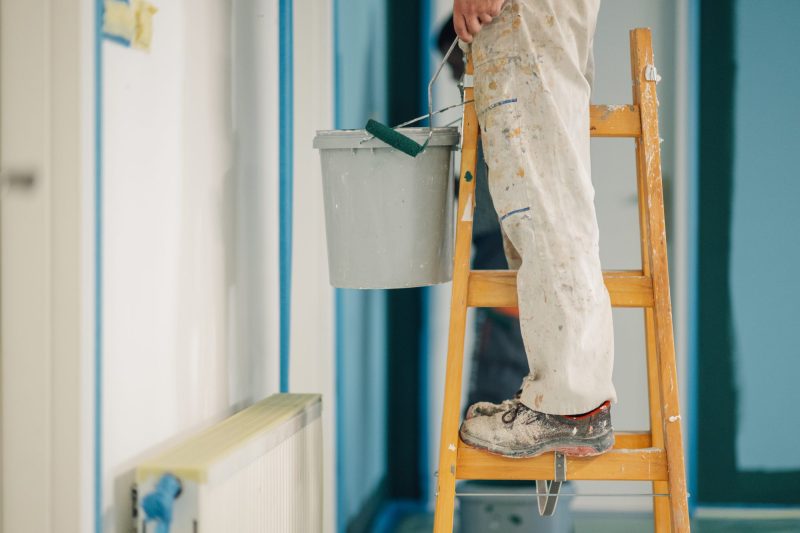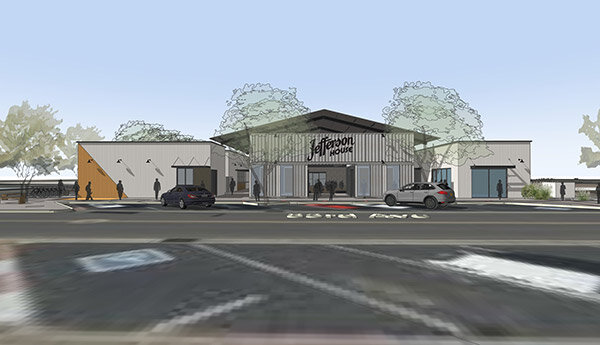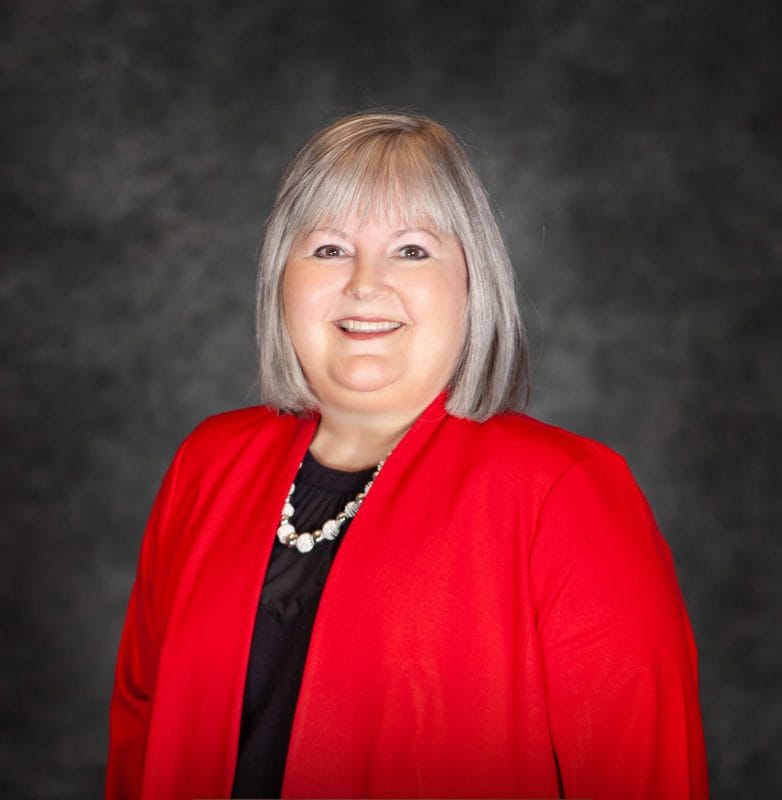
By Rose Law Group Reporter Staff
The COVID-19 pandemic will usher in generational changes with shopping malls, retailers, hotels, restaurants and potentially global monetary policy.
That is according to Robert Flaxman, CEO of Crown Realty & Development. Flaxman — a top real estate deal maker in California, Arizona and other states — talked about the short and long-term impacts of the Coronavirus during Rose Law Group’s New (Virtual) Power Lunch on Friday.
Flaxman said in the near-term cash buyers and those with limited or no debt will have substantial competitive advantages.
He said the only commercial real estate deals out there right now are investment grade, blue-chip and mission critical deals. And even those are favoring cash deals.
“We just bought one last week for $60 million,” Flaxman told the Rose Law Group virtual forum.
Flaxman said it may take a while for lenders to get back in the commercial real estate marketplace after the pandemic and its shutdowns.
“Lenders are just not ready to commit,” said Flaxman. “I spent the week talking to lenders across our platform. The level of pain even among the biggest borrowers is dramatic,” he said.
Flaxman redeveloped the Montelucia and Mountain Shadows resorts and is developing the City North project in Phoenix’s Desert Ridge area. He said the infrastructure construction at the 100-acre City North is continuing and plans for a new Class A office building are progressing.
The commercial real estate dealmaker and financier does expect the pandemic’s impacts to usher in some major changes for shopping malls, retailers and other “shoulder to shoulder” businesses.
“The concept of the mall, as much as it was dying, it is going to accelerate it,” said Flaxman.
Flaxman said consumers could continue to avoid ‘shoulder to shoulder’ venues and events including sporting events, concerts, bars and restaurants.
“Today you are going to be afraid of sitting with the person next to you,” Flaxman told the virtual forum.
He sees a domino effect on retailers and restaurants because of the reduction of over foot traffic apparel. “There is going to be permanent and structural shrinkage in those industries,” Flaxman said.
The Rose Law Group virtual forum also featured veteran Arizona economist Elliott Pollack, Phoenix restaurant icon Mark Tarbell and Dr. Robert Sheeler.
Pollack piggybacked on Flaxman’s ‘shoulder to shoulder’ thesis wondering the type of challenges airlines will face after the pandemic ebbs.
There will be pressure for airlines and hotels to raise prices to try to survive but then also hinges on what consumers are willing to pay. Flaxman expects to see some hotels to go out of business. “That’s going allow the better properties to pick up market share eventually,” Flaxman said.
Flaxman also expects a faster pace of changes with shopping malls, department store chains and the redevelopment of existing retail real estate.
He said the pandemic and its closures are impacting departments stores’ finances dramatically and that impacts their leases and retail estate holdings. That could quicken the pace of redevelopments of shopping mall and other retail assets.
“I think you are gin to see a lot of transformation occur,” said Flaxman who expects to see cities and regions become more conducive to redevelopments and investments into closed-down, empty or blighted properties.
Pollack is bullish on the housing market and population growth (two traditional Arizona economic bellwethers) after the pandemic and its closures end. “Your planning should be on the other end of this,” said Pollack advising businesses.
Pollack and Flaxman also discussed during the Rose Law Group forum the impacts on monetary policy including potential inflation and the monetization or cancellation of debt. They pointed out historical major monetary policy changes came after life-changing events such as World War II.
Sheeler said warmer weather in places such as Arizona will help reduce Coronavirus cases. He also recommended boosts in Vitamin C and D as well as Zinc helps immune systems along with reducing stress and regular sleep.
Sheeler did caution of additional waves of COVID-19 and note some patients who survived have lost 20 to 30 percent of lung function.








